
When Eli Beer was 5 years old, he was walking back home from school in Bayit Vegan, his neighborhood in Jerusalem. Suddenly, a Number 12 bus blew up in front of him.
“I was traumatized,” Beer said. “For years, I remembered hearing the people screaming for help. Taxi drivers pulled people into their taxis because they didn’t have ambulances. I don’t know how many people could have been saved if the ambulances were there.”
That incident had a profound effect on Beer. He decided that one day, he was going to become a doctor and save people’s lives.
At 16, he was too young to go into medical school, but he wasn’t too young to volunteer as an EMT. He started working on an ambulance in Jerusalem, where he would respond to medical emergencies along with his team.
One day, the ambulance received an alarming call from a mother: her 7-year-old son was choking on a hot dog.
“We were the only ambulance available in Jerusalem,” he said. “It took us 21 minutes to get there.”
When Beer and his colleagues arrived, the boy’s mother was screaming hysterically. “We were performing CPR on a 7-year-old boy who was completely blue and freezing,” he said. “We knew the chances of saving him were completely low. We were crying trying to save him.”
A doctor who lived next door heard what was going on and rushed over. By that time, 40 minutes had passed.
“The doctor said to bring a sheet to cover the boy, because there was nothing we could do,” Beer said. “It was the worst sentence I ever heard in my life.”
What if nearby volunteers were alerted when someone was sick or injured? They could surely get there faster. And what if, instead of driving an ambulance, they rode some sort of bike so they could go around the traffic?
In that moment, Beer knew he had to take action. It took too long for ambulances to get to emergencies, he thought. But what if nearby volunteers, like the doctor, were alerted when someone was sick or injured? They could surely get there faster. And what if, instead of driving an ambulance, they rode some sort of bike so they could go around the traffic?
“I said that if I ever choked, I’d call for a pizza,” Beer said. “When we were stuck in traffic in the ambulance, I’d see delivery people zooming by on my left and right.”
Beer told the head of the ambulance company in Jerusalem his plan to start an emergency response organization. His idea was to have volunteers ride on the same vehicles as delivery people to get there faster. All he needed, he said, was to be able to access the emergency lines.
“He didn’t like this idea,” Beer said. “He dismissed it. He said we had to have professional people responding to emergencies. I said, ‘What does it matter if someone is not breathing and a person shows up who can help them?’ He wouldn’t listen.”
Beer didn’t let this stop him. He was going to do it on his own.
With 15 of his friends and a bunch of walkie-talkies, they were going to tune into the emergency lines and hear everything. And they were going to reach emergencies faster than the ambulances.
Beer needed a name, to start. He thought of the perfect one to describe what he was doing: Chutzpah. With 15 of his friends and a bunch of walkie-talkies, they were going to tune into the emergency lines and hear everything. And they were going to reach emergencies faster than the ambulances.
“We started responding to emergency calls way before ambulances,” he said.
On one of his first calls, Beer heard that a car had hit someone, and they were bleeding in the street. When he arrived, he saw it was an older man.
“I used my yarmulke to stop his bleeding,” Beer said.
The older man went to the hospital, and two days later, he woke up. Beer went to visit him and see how he was doing.
“I found out he was a Holocaust survivor,” he said. “The man said, ‘Thank you for saving my life.’ From that moment, I knew how easy it was to save people’s lives. You just had to get there on time.’”
Today, Beer runs United Hatzalah of Israel, a voluntary emergency response organization headquartered in Israel. When people call 1221, they can receive help in 90 seconds or less 24 hours a day, seven days a week. There are more than 6,200 volunteers around Israel who use GPS technology and ambucycles to get to people fast. Often, they are the first ones at the scene of a major disaster, like a terrorist attack. Since establishing United Hatzalah in 1989, Beer and his volunteers have treated nearly 5.5 million people around the country.
“All of these people received help for free,” said Beer. “No one got a bill. We do this out of the goodness of our hearts.”
In the United States, places with large Jewish populations, like New York, California, Maryland, Florida and Texas, have their own local Hatzalahs available to residents.
United Hatzalah is a groundbreaking organization that has sparked the idea for voluntary response teams around the world. In the United States, places with large Jewish populations, like New York, California, Maryland, Florida and Texas, have their own local Hatzalahs available to residents.
Beer, who travels 200 days a year, goes around the world, helping communities set up their own emergency response systems. When global emergencies happen, United Hatzalah sends volunteers to help out. Just recently, they were the first ones to send volunteers to Ukraine to give out food and medicine. They were there in Surfside, Miami when the building collapsed and in Haiti after the 2010 earthquake.
“We have an obligation to help every Israeli who needs it, but also, as a Jewish state, to help people in any type of emergency,” he said.
Beer stressed that his organization is not there to replace any emergency services.
“We are here to fill in a gap that’s missing in most of the world,” he said.
United Hatzalah was the first organization to come up with the concept of peer-to-peer GPS locators on phones. The GPS sends out an alert to the closest five volunteers within three seconds.
United Hatzalah was the first organization to come up with the concept of peer-to-peer GPS locators on phones. The GPS sends out an alert to the closest five volunteers within three seconds. They put their siren on their car or jump on an ambucycle or run to the scene as quickly as possible.
The organization also has an arrangement with Israeli ambulance services to provide free ambulances for people who need them.
“We don’t make money from anything,” he said. “We just save lives.”
Along with the GPS technology, United Hatzalah uses drones to find missing people, like a person with dementia or a lost child. Volunteers in Jerusalem are controlling the drones, which fly all over Israel. They have microphones on them so volunteers can call out people’s names, as well as infrared to spot warm objects at night.
United Hatzalah also doesn’t discriminate when it comes to whom they help – anyone can receive emergency services.
“Eli has accomplished bridging the gap on religious, secular, non-religious, Christians, Arabs and Muslims.” – Laura Schwartz
“Eli has accomplished bridging the gap on religious, secular, non-religious, Christians, Arabs and Muslims,” said Laura Schwartz, global ambassador for United Hatzalah of Israel, who met Beer in 2016. “This amazing ability of Eli’s has helped to make United Hatzalah what it is today: the Uber of medics.”
There are volunteers from all different types of backgrounds, including 550 Arabs who are working side-by-side with Jewish and Druze volunteers to assist those in need.
Recently, one volunteer, EMT Sanaa Mahameed, was driving her ambucycle in her town, Umm al-Fahm in Haifa. Suddently, a call came in: It was from her own sister-in-law, who was familiar with the organization because of Mahameed’s work. Her sister-in-law’s baby was choking on food and needed help right away. In less than one minute, Mahameed arrived at the home and saved the baby.
These kinds of miracles happen all the time.
After 31 years of running United Hatzalah, in 2020, Beer experienced a miracle of his own. He had just wrapped up the 2nd Annual Los Angeles Gala for American Friends of United Hatzalah, an event that Jay Leno and Dr. Miriam Adelson headlined. He traveled to the AIPAC Policy Conference in Washington, D.C. and then London and Miami.
While he was in Florida, he went to the hospital because he felt terribly ill; it turned out he had a very serious case of COVID, and it got so bad that they put him on a ventilator. He was in the ICU, fighting for his life.
“It was the worst feeling in the world to say goodbye to my kids,” he said. “Some doctors told me I had a 5% chance of survival. I was really in bad condition. But I decided I wouldn’t give up.”
Beer, who is Modern Orthodox, channeled his faith. Instead of asking people to just pray for his recovery – which he said was important – he also encouraged them to perform good deeds in his name.
For 30 days, Beer was in a coma. He lost 35 pounds. He was so sick that he slept through Passover. But during that time, people everywhere were heeding his request.
“Millions of good deeds were done for me by honest-to-God people,” he said.
One of the good deeds he found out about later involved an Arabic United Hatzalah volunteer, Ibrahim. Ibrahim received a call from a 90-year-old woman who needed candles to light for Passover. He decided to buy her candles. He drove his ambucycle to her home and brought her flowers as well. She was shocked to see an Arab volunteer standing on her doorstep, gifts in tow.
“He found out she was a Holocaust survivor,” Beer said. “He had tears in his eyes when she told him her story. Her parents always lit candles until the Nazis came. When she was liberated, she lit 15 candles for every member of her family who had perished in the Holocaust. This was the first week she didn’t have enough candles. She said, ‘If I don’t get the candles, I’m not going to survive.’ She called Hatzalah and said that they saved her the last time she called when she had a heart attack. Maybe they could save her this time, too.”
The Arab volunteer and the Holocaust survivor celebrated Passover together.
“He stayed in her house for over two hours, sitting with her for the seder,” Beer said.
After one month in the coma, Beer woke up, looking like a shadow of himself.
“I said I wouldn’t give up,” he said. “I would keep saving lives.”
Sheldon and Miriam Adelson, longtime Hatzalah supporters, flew Beer to Israel so he could recover with his family. In just two months, he was back to flying around the world, fulfilling his mission of saving others.
Emergency response is a family affair in the Beer home. Together, with his wife Gitty, they have five children, who aren’t afraid to jump in when they receive an emergency call.
“Gitty, who is in medical school now, is wonderful, and a volunteer herself,” Beer said. “Three of my daughters are volunteers, and all their husbands volunteer, too. Sometimes, during Shabbat dinner, we all get up to run and help. It’s beautiful to see how my kids are following in my footsteps.”
In the future, Beer hopes to keep expanding United Hatzalah. One of the ways he’s doing that is holding fundraising events around the world – including the 3rd Annual Los Angeles gala, which is coming up on Monday, September 19, and featuring David Friedman, former U.S. ambassador to Israel, Liraz Charhi, star of “Tehran,” Jay Leno and Los Angeles mayoral candidate, businessman Rick Caruso.
With fundraising and support, Beer is going to work on lowering the response time to less than 90 seconds.
“I need more volunteers,” he said. “I need to build more technology.”
Though some tragedies cannot be prevented, Beer and his volunteers have done their part in saving the world – one life at a time.
“You see how a little baby stops breathing and you do compressions on their chest to try to revive them. You see them come alive, and it’s unbelievable.” – Eli Beer
“I see miracles all day long,” he said. “It’s hard for me not to believe in God. There’s nothing closer to holiness than bringing someone back to life. You see how a little baby stops breathing and you do compressions on their chest to try to revive them. You see them come alive, and it’s unbelievable. Every time I do something like this, I have all the reasons in the world to believe in God even more.”
Learn more about the 3rd Annual Friends of United Hatzalah of Israel Gala at https://www.uhlagala.com and sign up online to attend.








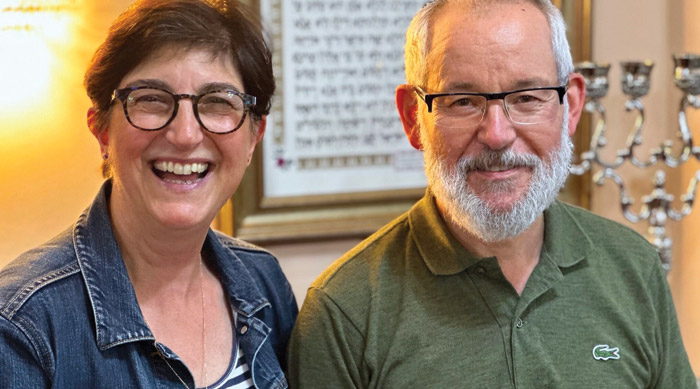

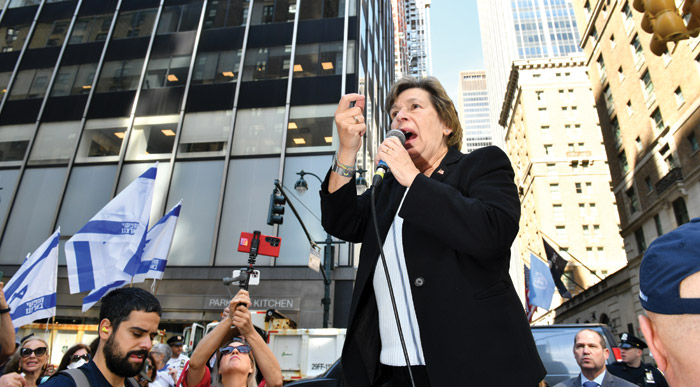
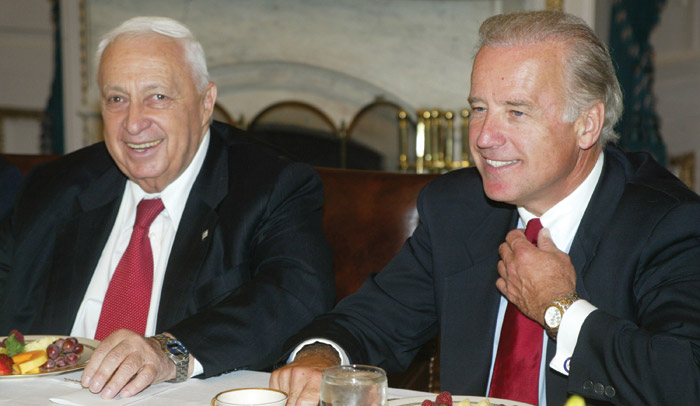
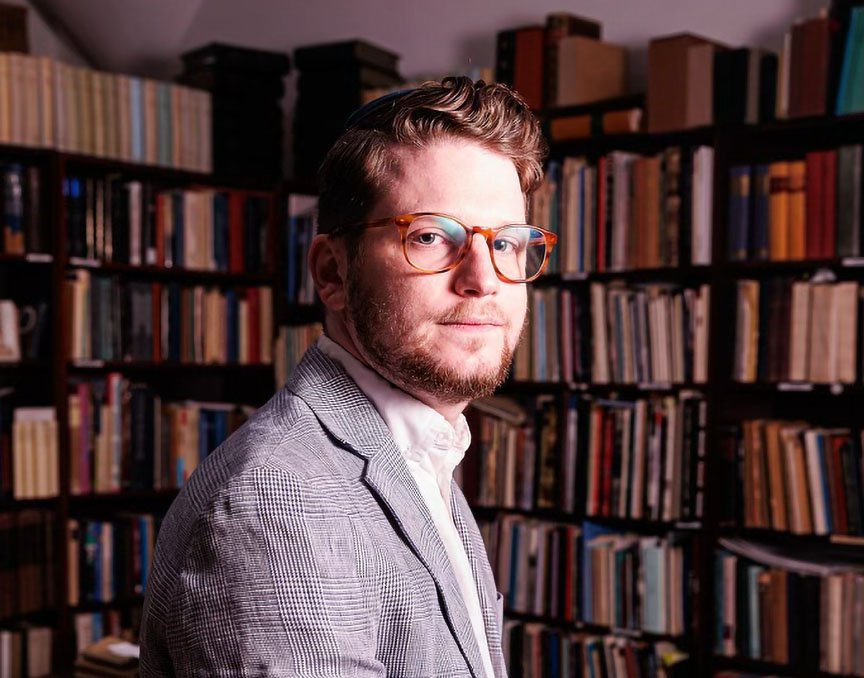
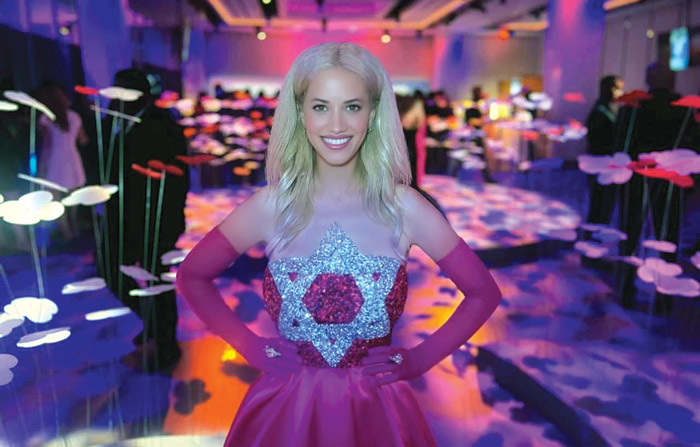

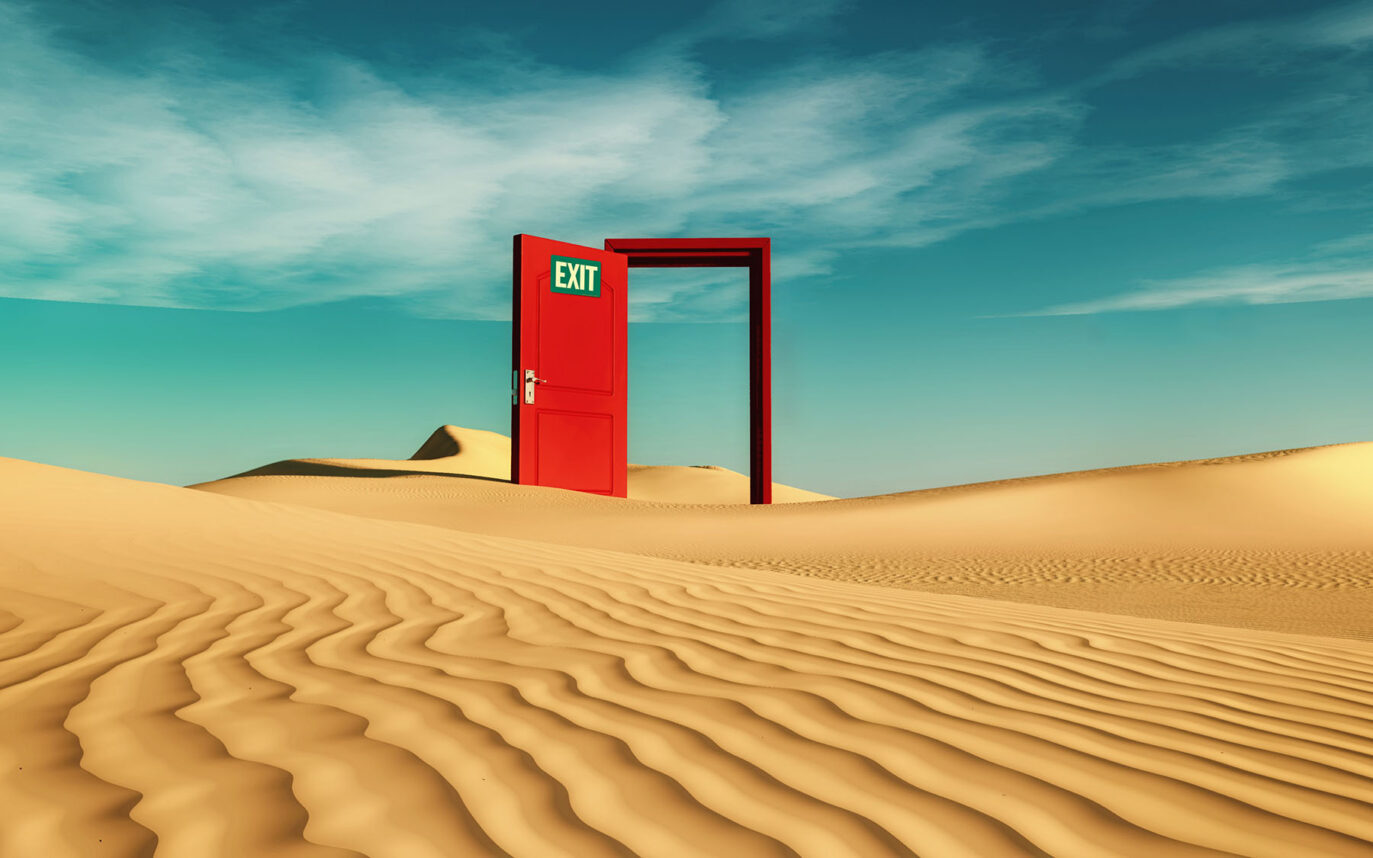
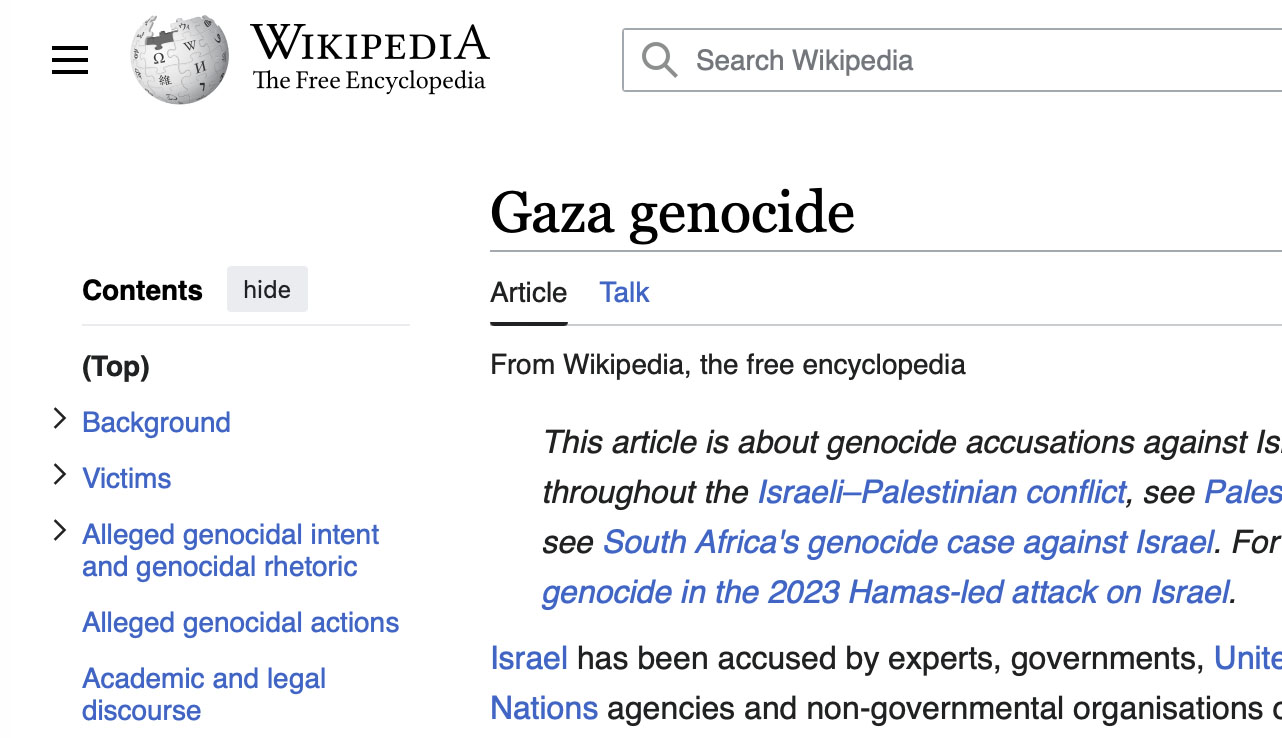



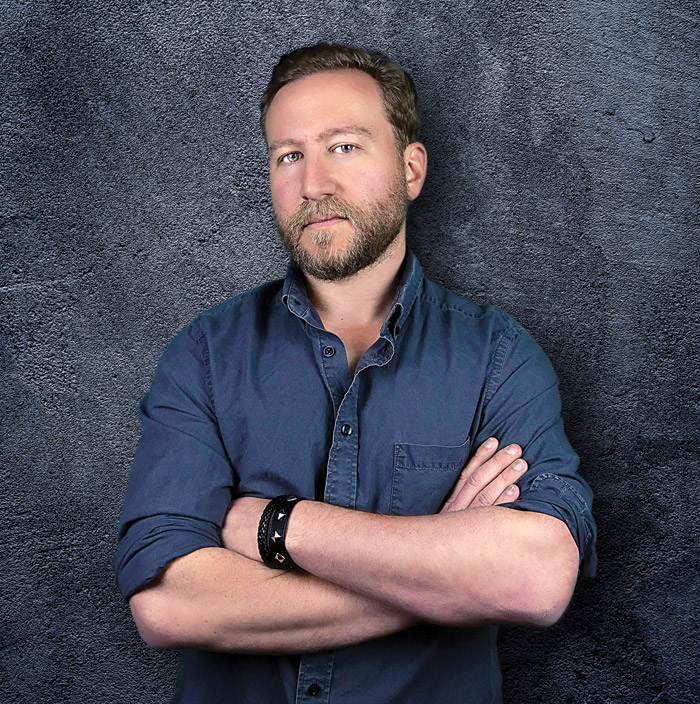
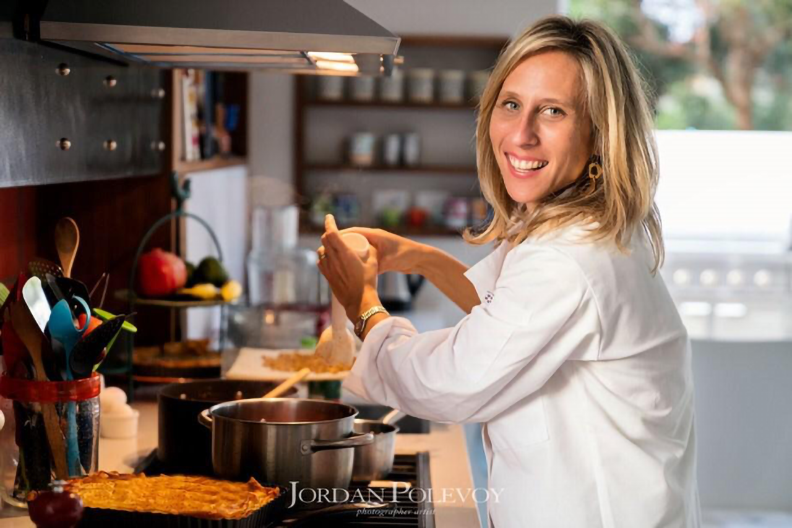
 More news and opinions than at a Shabbat dinner, right in your inbox.
More news and opinions than at a Shabbat dinner, right in your inbox.